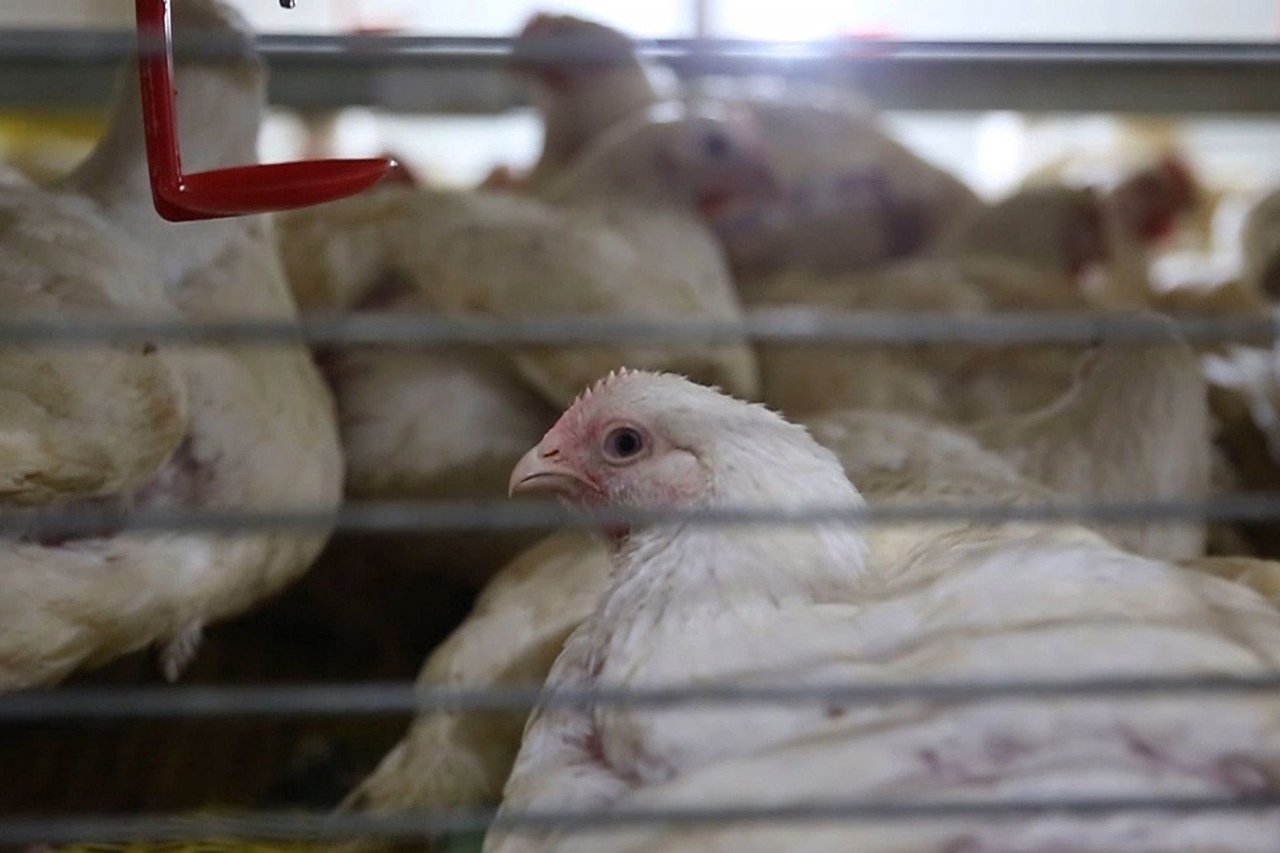Chickens are the most abused animals in the world and billions of them are suffering daily. They deserve better. You might ask – ‘why should I care about the suffering of chickens?’. The straight answer is – you should.
Chickens are suffering
It may be your favourite meal or a part of your protein diet, however, too often the reality behind the world’s most popular meat is unacceptable suffering. Yet, the masses fail to care about chickens.
Here’s why you should:
- 60 billion chickens are raised for global consumption each year.
- Two-thirds of them (40 billion) live in overcrowded sheds or cages often with no natural light or fresh air, unable to peck or spread their wings.
Chickens are not treated like animals; they are considered a commodity. The speed at which they are raised for commercial benefits is appalling:
- They are overgrown
- They suffer from painful lameness
- They have overworked hearts and lungs
- They get wounds, including skin sores and burns
Between 1996-2016, demand for chicken meat grew almost 40% in the European Union (EU), 89% in China and 83% in India.

Change for Chickens
Take the pledge to consume wisely
Start by knowing where your chicken comes from. Only consume chicken when they are treated with basic welfare norms and ask companies to treat their chickens with compassion. Providing better living conditions for chickens will result in higher animal welfare and thus a healthier product
Chickens need help
The lives of billions of chickens can be transformed by implying High Welfare Standards on intensive commercial farms. To give chickens a better life, these farms must:
🐔 Choose chicken breeds that grow at a slower rate
A slower-growing breed raised in higher welfare reduces the health problems associated with leg disability caused by the rapid growth of the chicken and being overweight. Reduce the impaired function of the heart and lungs. Thus, higher welfare gives the chicken more freedom of movement with stronger legs, smaller breast muscles and more balanced growth etc.
🐔 Reduce overcrowding in houses
The maximum stock density should be 6 lbs./ sq. foot i.e, 2.7kg/ sq. foot or 30kg/ sq. meter. Having more space reduces stress and encourage the chickens to do their favourite activities, such as walking, scratching, and mashing the dust.
🐔 Adjust the house so that the chickens get more natural light
With at least 6 hours of continuous darkness for the chickens to get enough sleep.
🐔 Create an environment that is friendly to chickens such as perches, hay bales, a straw to bite and more
Providing materials that enable chickens to perform natural behaviour and stimulate better in more enriched environments. Practising such activities that one enjoys can help reduce stress and reduce illnesses
Global fast-food brands have a responsibility to improve the lives of chickens everywhere. But these brands are propping up cruel chicken farming to ensure the product they receive is consistent. Find out more about which global brand is failing to provide basic welfare standards to chickens by reading The Pecking Order.
We want to build a community of informed individuals who understand that chickens have a life too. They feel pain, they suffer and they cannot voice their plight.
